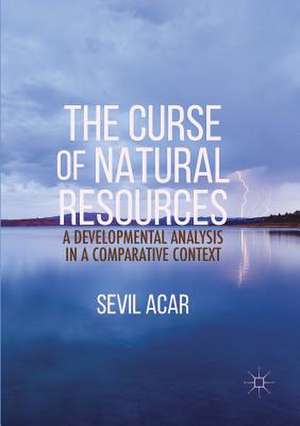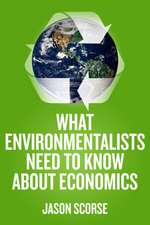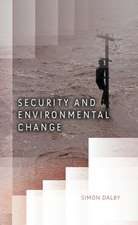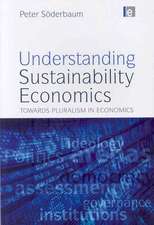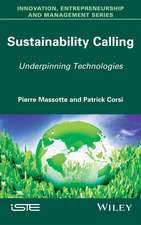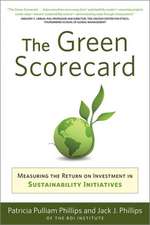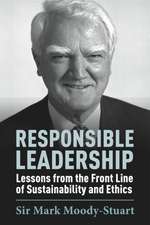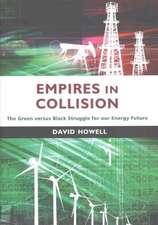The Curse of Natural Resources: A Developmental Analysis in a Comparative Context
Autor Sevil Acaren Limba Engleză Paperback – 31 ian 2019
| Toate formatele și edițiile | Preț | Express |
|---|---|---|
| Paperback (1) | 580.49 lei 6-8 săpt. | |
| Palgrave Macmillan US – 31 ian 2019 | 580.49 lei 6-8 săpt. | |
| Hardback (1) | 698.62 lei 6-8 săpt. | |
| Palgrave Macmillan US – 27 feb 2017 | 698.62 lei 6-8 săpt. |
Preț: 580.49 lei
Preț vechi: 682.93 lei
-15% Nou
Puncte Express: 871
Preț estimativ în valută:
111.08€ • 121.03$ • 93.60£
111.08€ • 121.03$ • 93.60£
Carte tipărită la comandă
Livrare economică 23 aprilie-07 mai
Preluare comenzi: 021 569.72.76
Specificații
ISBN-13: 9781349932184
ISBN-10: 1349932183
Pagini: 244
Ilustrații: XIX, 244 p. 48 illus., 47 illus. in color.
Dimensiuni: 148 x 210 mm
Greutate: 0.32 kg
Ediția:1st ed. 2017
Editura: Palgrave Macmillan US
Colecția Palgrave Macmillan
Locul publicării:New York, United States
ISBN-10: 1349932183
Pagini: 244
Ilustrații: XIX, 244 p. 48 illus., 47 illus. in color.
Dimensiuni: 148 x 210 mm
Greutate: 0.32 kg
Ediția:1st ed. 2017
Editura: Palgrave Macmillan US
Colecția Palgrave Macmillan
Locul publicării:New York, United States
Cuprins
1 Introduction.- 2 Theoretical and Empirical Background.- 3 Natural Resources and Human Development.- 4 Natural Resources and Sustainability.- 5 Two-Country Comparison: Norway versus Sweden.-6 Conclusion.
Notă biografică
Sevil Acar is Associate Professor of Economics at Istanbul Kemerburgaz University, Turkey. Her research focuses on environmental and resource economics, particularly natural capital accounting, sustainability, fossil fuel subsidies, and the resource curse. Her articles have appeared in Structural Change and Economic Dynamics, Ecological Economics, International Review of Environmental and Resource Economics, Ecological Indicators, and Energy Policy.
Textul de pe ultima copertă
This book examines the paradox that resource-rich countries often struggle to manage their resources in a way that will help their economies thrive. It looks at how a country's political regime and quality of governance can determine the degree to which it benefits - or suffers - from having natural resources, shifting away from the traditional focus on economic growth data to study the complex implications of these resources for human well-being and sustainable development. To this end, Acar examines a panel of countries in terms of the effects of their natural resources on human development and genuine saving, which is a sustainability indicator that takes into account the welfare of future generations by incorporating the changes in different kinds of capital. Acar finds that the exportation of agricultural raw materials is associated with significant deterioration in human development, while extractive resource exports, such as energy and minerals, have negative implications for genuine savings. Next, the book compares the development path of Norway before and after discovering oil, contrasting it with Sweden's development. The two countries, which followed almost identical paths until the 1970s, diverged significantly in terms of per capita income after Norway found oil.
Caracteristici
Shifts focus from economic growth data to human development and sustainable savings Distinguishes the effects of different resources from an institutional perspective Explores the historical roots of institutions that can cope with the resource-development contradiction
